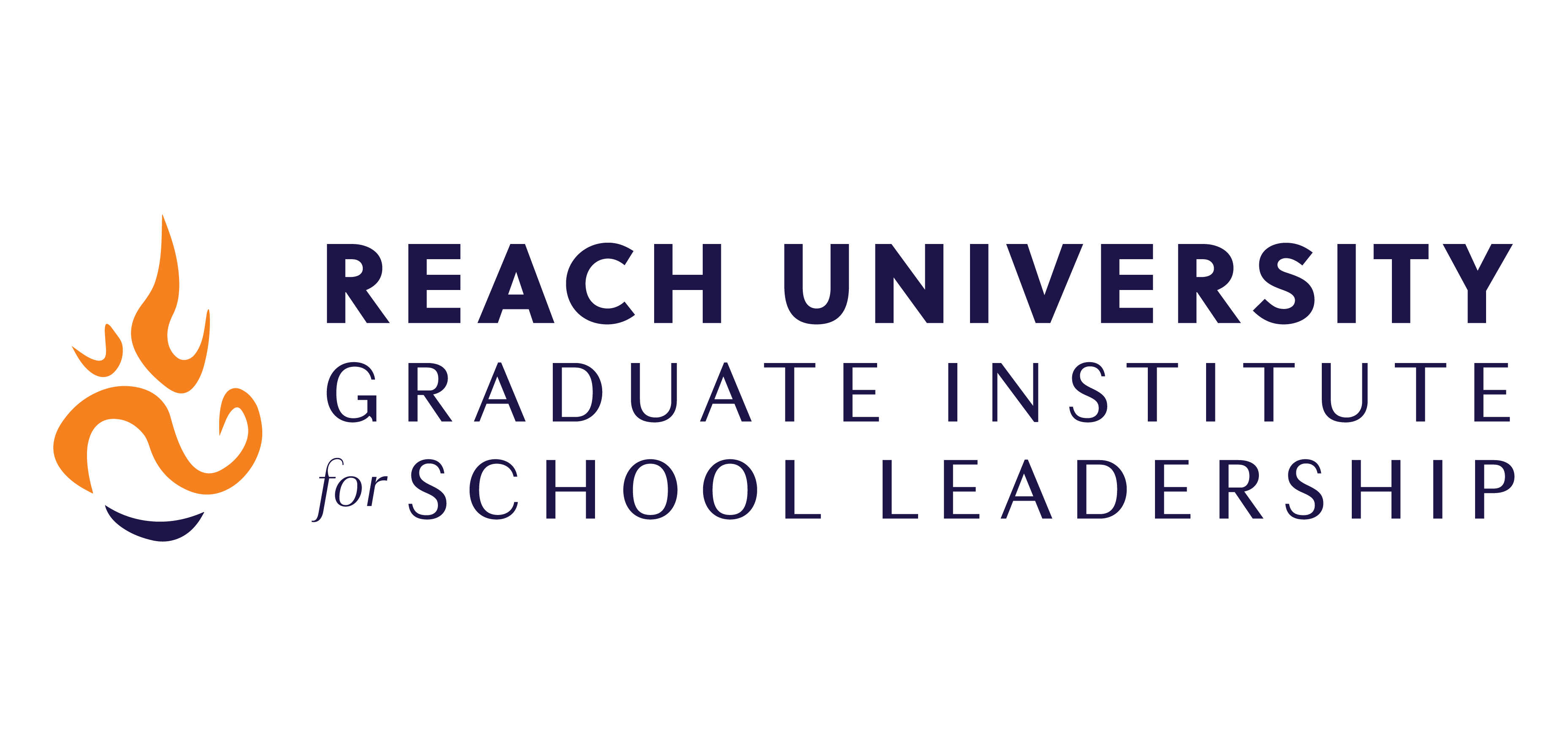Effective Secondary Reading Instruction

Not all high school students are taught reading skills and strategies that allow them to be strong readers. When students enter college or the workforce after graduating high school without the necessary reading skills to comprehend complex texts, opportunities for deeper understanding, critical thinking, career advancement, and financial success are negatively affected. When teachers are faced with preparing high school students who are often more than a few years behind in reading, without knowing how to best support young learners, students suffer. As a teacher who teaches in East Oakland, California, I have concluded that learning how to teach reading effectively, is critical to addressing systemic inequities within our society. I selected five key areas of research that have the most impact how I teach reading skills effectively: instruction, practice, feedback, assessment, and meta-reflection. My intervention consisted of me teaching five reading strategies that support students’ reading comprehension: “right there” questions, wondering questions, identifying and annotating key information, coding text, and identifying the reading purpose. At the end of my action research, I was able to support my students’ reading skill development through clear and focused instruction, designing meaningful practice, creating formative and summative assessments that provided specific data that informed reteaching, and prioritizing time for my students to reflect and track their own growth. My students showed growth in their ability to process lessons, going from resisting direct instruction to viewing modeling as helpful to their skill development. Many students developed in their abilities to use practice time effectively and implement feedback. Many students reflected on not only having a more positive attitude toward reading, but also feeling more equipped with the strategies and comprehension skills necessary to attack challenging complex texts. Evidence of the improvement of their comprehension skills can be seen in the Scholastic Reading Inventory (SRI) results, End of Quarter Reading Conferences, and final reading assessments given at the end of each reading strategy cycle.

